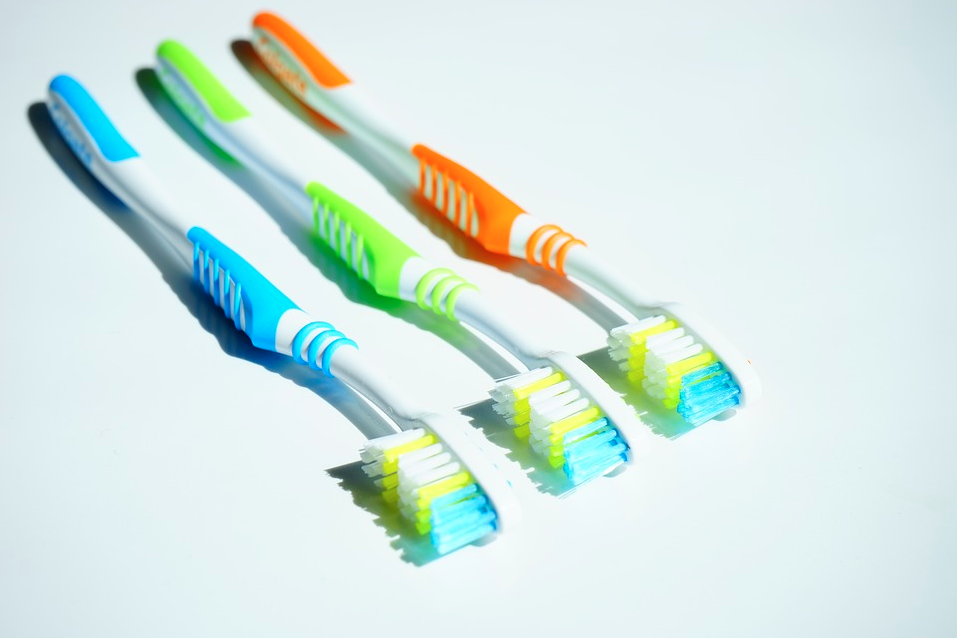
When it comes to your oral health, what you should eat is just as important as what you shouldn’t. By limiting certain types of foods and focusing on others, you can set yourself up for a lifetime with a healthy smile. Here is a list of foods you should strive to eat, and others to consume with moderation.
Best Foods for Your Teeth
Cheese and other dairy products. Dairy is high in calcium and protein, which strengthen tooth enamel. Cheese, milk, yogurt, and other dairy products are all great sources.
High-fiber foods. Fiber keeps saliva flowing, which helps to get rid of bacteria and fight decay. Leafy greens, beans, and many fresh fruits contain high amounts of fiber.
Water. Water should be your main drink of choice. It helps rinse food particles or sugars away and keeps saliva levels high.
Sugar-free gum. According to the American Dental Association (ADA), sugar-free gum can protect your teeth by increasing saliva flow. Chewing a stick after a meal can also help clean any food particles that remain.
Lean protein. Foods like eggs, fish, chicken, and various red meats contain phosphorus, which is necessary for your body to fully absorb calcium.
Worst Foods for Your Teeth
Acidic foods. The acids found in citrus fruits, wine, and candy can wear down the calcium buildup in your teeth and create opportunities for tooth erosion.
Sodas. Soft drinks contain high levels of sugar and acidity which are both equally destructive to your teeth.
Sports drinks. While sports drinks may help you rehydrate during physical activity, they also contain a lot of sugar. We recommend limiting sports drink consumption and switching to water.
Alcohol. Alcohol is known to dry out your mouth, which prevents saliva from doing its job. Alcohol can also stain your teeth.
Sticky or sugary candies. Sugar is one of the main causes of tooth decay and is commonly found in candy. Limit how much candy you eat and drink water afterwards to wash away any remaining sugars.
By watching what you eat or drink, you can protect your oral health. Minimize your consumption of problematic foods and aim for those that will benefit your teeth. In addition, regular cleanings and exams will help keep your smile bright and healthy. Contact our office today to schedule your next appointment.










